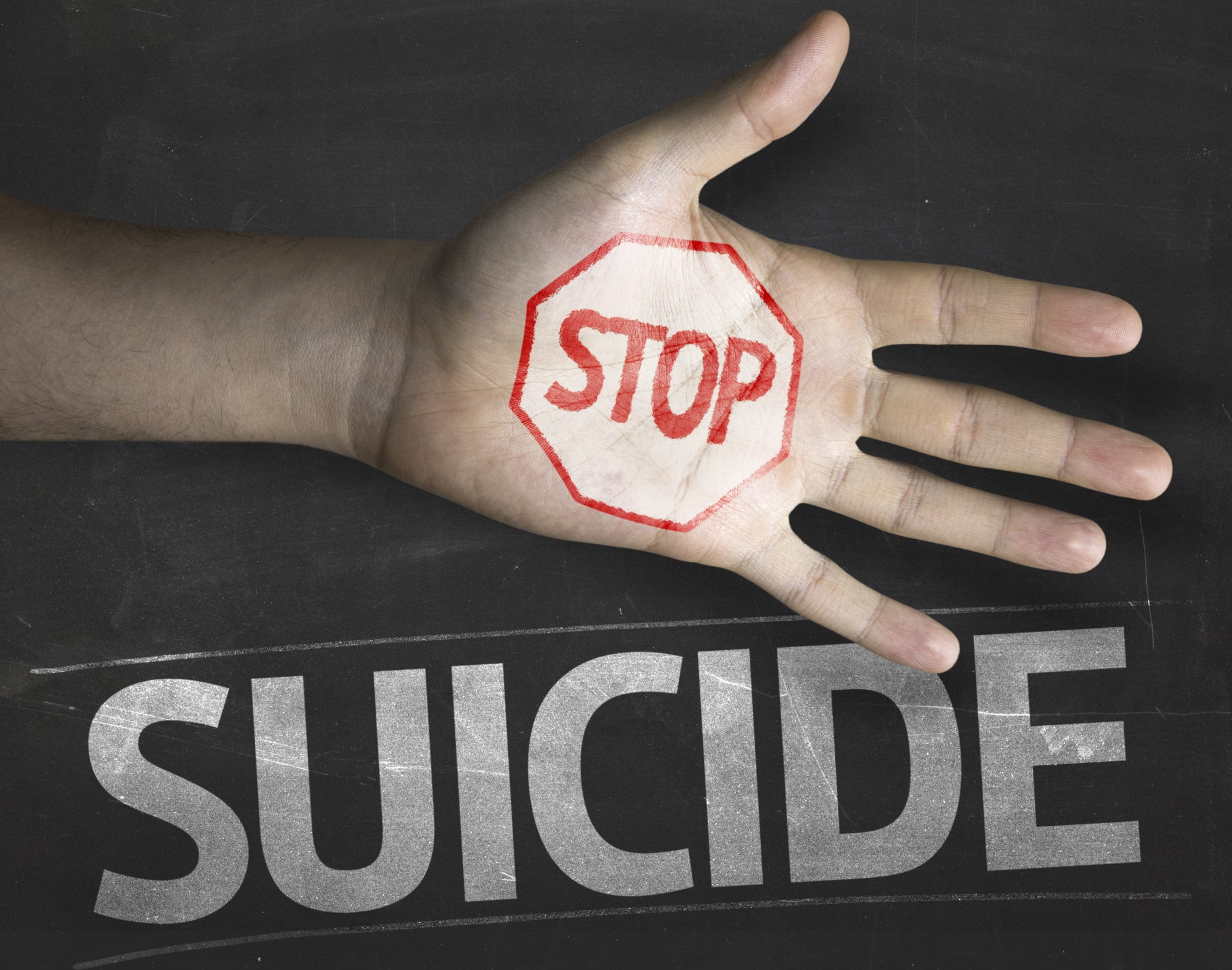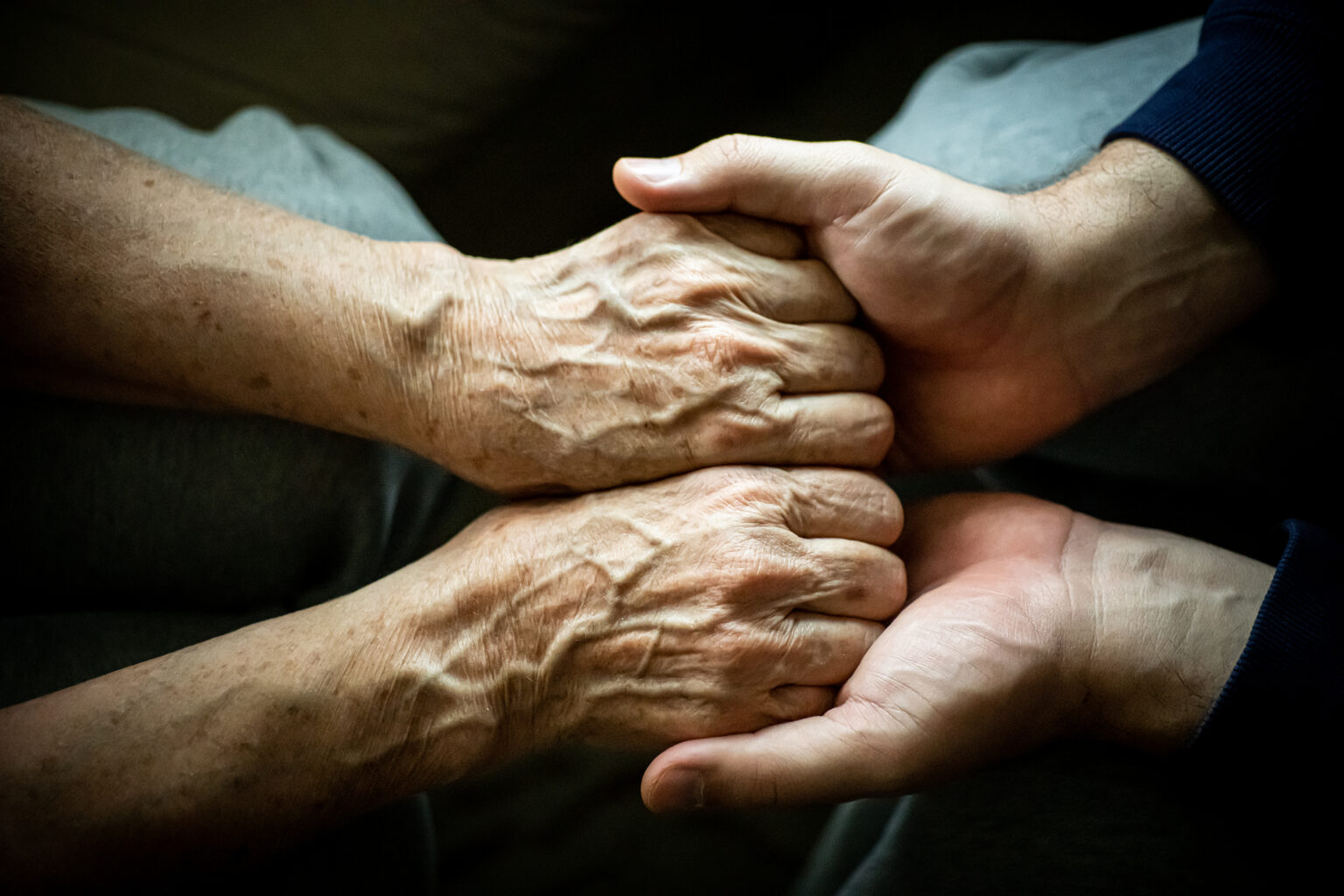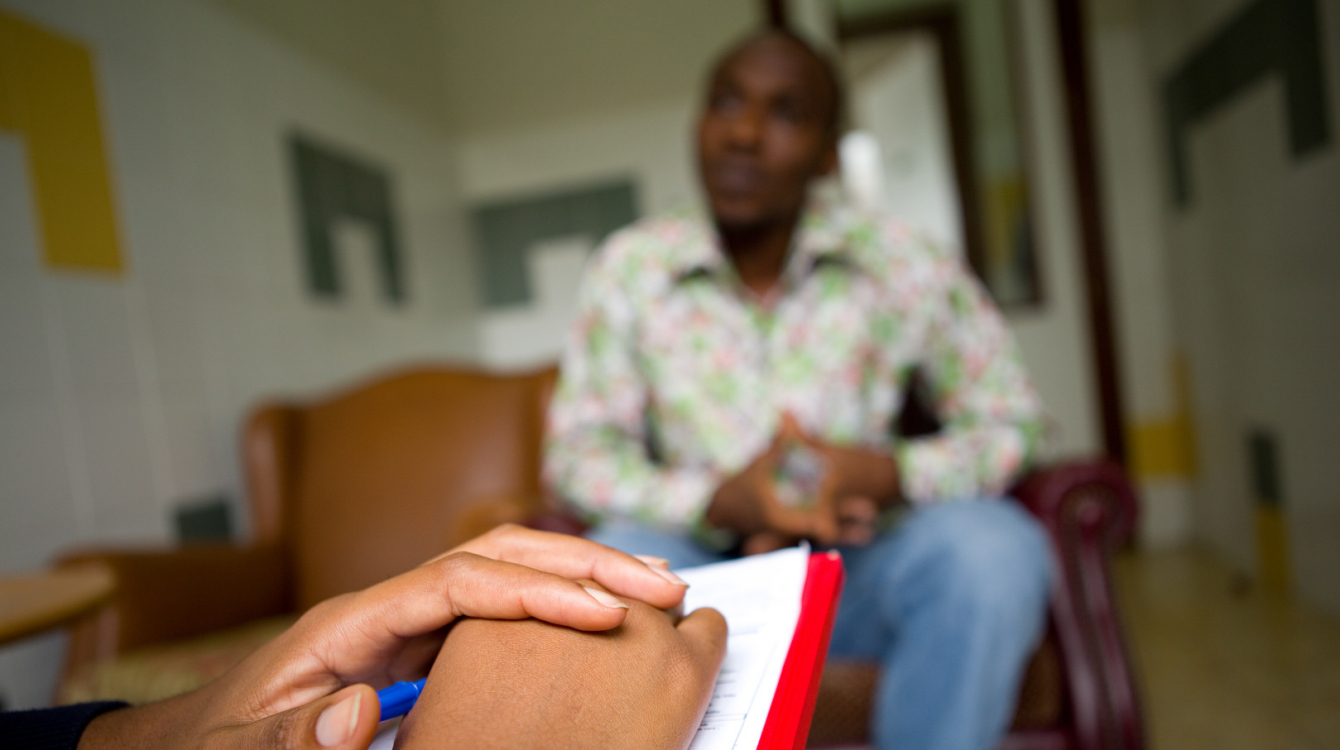Suicide Prevention
What is Suicide?
Suicide is when people harm themselves with the intent to end their own life, and they die as a result.

What is a suicide attempt?
A suicide attempt is when people harm themselves with the intent of ending their life, but they do not die.

Our Words Matter
We should avoid using words such as “committing suicide”, “successful suicide” or “failed suicide” when referring to suicide and suicide attempts, as these terms often carry negative meanings. Instead, we should say “died by suicide” or “lost their life to suicide”, “suicide attempt survivor”. For more information on how we should speak about suicide in a respectful way, please visit: The Suicide Language Guide:
https://www.camh.ca/-/media/files/words-matter-suicide-language-guide.pdf

Background
Around the world, every year, close to 800,000 people die by suicide. For every death by suicide that occurs, there are an estimated 20 attempts. Suicide can occur at any stage of life, and anywhere in the world however, the data shows that a large proportion of suicides (around 75%) happen in low and middle income countries. Suicide is a major public health public in Guyana, and many lives are lost to suicide each year. Death by suicide is preventable, and we all have a part to play.

What are some of the warning signs of suicide?
Warning signs that someone may be at immediate risk for attempting suicide include:
- Talking about feeling hopeless, numb, empty, or having no reason to live.
- Talking about wanting to die or wanting to kill themselves.
- Feeling unbearable physical or emotional pain
- Withdrawing from family and friends
- Talking about being a burden to others
- Feeling that there are no solutions to a problem or feeling trapped
- Giving away important belongings (such as jewelry, family heirlooms, sentimental items)
- Saying goodbyes to family members and friends
- Putting affairs in order, for example making a will or purchasing life insurance.
- Making plans for death (such as planning their own funeral)
- Taking great risks that could lead to death, such as driving recklessly.
- Talking or thinking about death often
Other serious warning signs include:
- Talking about feeling extreme guilt or shame
- Using alcohol or drugs more often
- Acting anxious or extremely agitated
- Changing eating or sleeping habits (eating more or less than usual, sleeping more or less than usual)
- Showing anger/rage or talking about revenge
- Experiencing and displaying extreme mood swings (suddenly changing from very sad to very calm or happy)
- Making a plan or looking for ways to kill themselves, such as searching for lethal methods (e.g. buying pills, purchasing pesticides).
Suicidal thoughts or actions are a sign of extreme distress and should not be ignored. If these warning signs apply to you or someone you know, seek help as soon as possible at the nearest emergency room or contact the mental health unit at 225-0804 or 223-6604.
How to Help Someone Having Thoughts of Suicide?
Here are 5 steps you can take to help someone who is having thoughts of suicide:
- Ask: Directly asking the question “Are you thinking about suicide?”. It is not an easy question to ask, but it can help to start a conversation. Studies show that asking people if they are suicidal does not increase suicidal behaviour or thoughts.
- Be there: Research has shown that acknowledging and talking about suicide may help to reduce suicidal thoughts. Active listening without judgment and encouraging them to open up is key to learning what the person is feeling.
- Help to Keep Them Safe: Reducing access to lethal means or places can help prevent suicide. Asking the person if they have a plan and making lethal means less available or less deadly can help the person to stay safe when suicidal thoughts arise. For example, if they say that they planned to take tablets to overdose, ask them if they would be willing to let you keep their bottle of tablets so that they don’t have access to it.
Help Them to Connect: Connecting the person with the Mental Health Unit or any other resources that can help them to have a safety net when they need it. You can also help them to reach out to a trusted family member, friend, religious leader or a mental health professional.
Follow Up: Staying in touch after they have experienced a crisis or been discharged from care can make a difference. There is research to show that ongoing supportive contact can play an important role in suicide prevention.




How To Get Help
If you are experiencing poor mental health and would like to speak to someone about it, there are several avenues available to you, free of cost.
- Use our built-in chat feature! The respondents on the website will listen, treat your conversation with highest levels of confidentiality, and help to connect you with appropriate services if necessary.
- Contact the Ministry of Health’s Mental Health Unit. The trained counsellors and psychologists provide free counselling services. The mental health unit can be reached via phone at: 225-0804 or 223-6604.
- COMING SOON | The Mental Health Unit will soon introduce a new Suicide Prevention Hotline for persons to call when they are experiencing severe distress.
If you or someone you love is actively suicidal or in a state of crisis, please contact the nearest health facility or hospital emergency room. A mental health emergency is the same as a real emergency!



How Can I Help A Friend?
If someone you love or care about is experiencing signs of mental distress, early intervention is important.
Supporting a friend in coping with their mental health can include:
- Active Listening: paying attention, showing that you are listening, providing feedback where asked and responding appropriately without judgment. Take their concerns seriously, be patient, and treat them with kindness and respect. Don’t compare their struggles to other people’s or your own personal experiences. Remember, it can take a lot of courage for someone to open up to you about their mental health struggles.
- Asking what you can do to help
- Knowing when more help is necessary. If you feel that you are out of your depth and your loved one requires more help it is important to express that concern to them.
- Encouraging them to seek the help of a mental health professional if necessary. It may be helpful to know resources that are available and help them to navigate the process of getting an appointment.
- Helping them to access support services such as support groups or hotlines.



